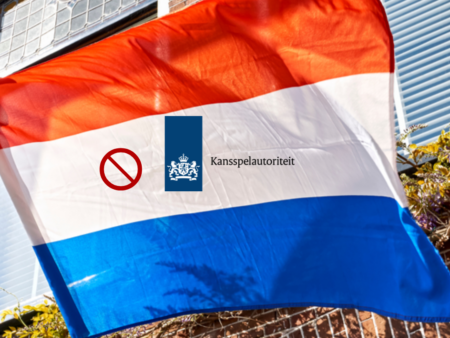In a recent landmark decision, the Supreme Court of Spain has overturned several restrictions on gambling advertising imposed by Royal Decree 958 in 2020. This pivotal ruling, following an appeal by Jdigital and the Information Media Association, marks a significant shift in the landscape of online gambling advertising regulations in Spain.
Challenging the Constitutional Basis
Jdigital and the Information Media Association spearheaded the challenge against Royal Decree 958, contending that the imposition of severe restrictions through a ministerial decree rather than federal legislation infringed upon constitutional principles. The Supreme Court concurred, stressing that any encroachments on businesses’ advertising freedom must possess “sufficient legal coverage” under the law.
Implications for Spanish Operators
The Supreme Court’s decision has far-reaching implications for Spanish operators in the online gambling industry. Specifically, Article 13, sections 1 and 3, of the decree have been annulled. These sections, previously restricting welcome offers for new players and the use of social media and celebrity endorsements, are now void. Consequently, domestic operators can now target advertising towards recent account holders and leverage social media and celebrity endorsements in their marketing campaigns.
Moreover, the ban on advertising on video streaming platforms has been lifted, allowing operators to tap into this lucrative avenue for promoting their services. Additionally, advertisements in locations where lottery games are sold are now permissible, offering operators expanded opportunities to reach their target audience.
Despite these significant changes, certain restrictions, such as bans on radio and television advertising during specific hours, and the prohibition of sports sponsorship, remain in force.
Reactions to the Changes
Upon the announcement of the Supreme Court’s ruling, Jdigital expressed optimism, hailing the decision as “very positive news” for the online gaming sector. While acknowledging the court’s recognition that the decree’s restrictions were disproportionate and lacked legal protection, Jdigital raised concerns about the continued enforcement of the Advertising Code of Conduct.
The Advertising Code of Conduct, which imposes self-regulatory measures on gambling advertising, including content limitations and caps on welcome bonuses, remains a point of contention. Additionally, Jdigital highlighted concerns about the “horrario de madrugada” window, restricting gambling ads from 1 am to 5 am, inspired by COVID-19 measures.
Continued Advocacy for Player Protection
Despite welcoming the changes brought about by the Supreme Court’s decision, Jdigital remains steadfast in its commitment to advocating for player protection. Particularly, the trade body emphasizes the need to reinforce responsible gambling practices and consumer well-being, especially for vulnerable individuals.
This pivotal ruling by the Supreme Court of Spain marks a significant victory for the online gambling industry, paving the way for greater advertising freedom while also highlighting the importance of responsible gambling practices. As the industry continues to evolve, stakeholders must remain vigilant in ensuring the protection and well-being of players.
FAQs About Supreme Court Overturns Gambling Advertising Restrictions in Spain
1. What was the main argument against Royal Decree 958?
The main argument against Royal Decree 958 was that implementing significant restrictions via ministerial decree rather than federal legislation violated the constitution’s terms.
2. What sections of the decree were annulled by the Supreme Court’s decision?
The Supreme Court annulled Article 13, sections 1 and 3, of the decree, which pertained to welcome offers for new players and restrictions on social media and celebrity endorsements.
3. What opportunities are now available to Spanish operators following the court’s ruling?
Spanish operators can now target advertising towards recent account holders, leverage social media and celebrity endorsements, advertise on video streaming platforms, and promote their services in locations where lottery games are sold.
4. What concerns did Jdigital raise despite welcoming the changes?
Jdigital raised concerns about the continued enforcement of the Advertising Code of Conduct and highlighted issues with the “horrario de madrugada” window, restricting gambling ads during certain hours.
5. What is Jdigital’s stance on player protection?
Jdigital remains committed to advocating for a framework that enhances player protection, particularly for vulnerable individuals, reinforcing responsible gambling practices and consumer well-being.
6. What was the overall sentiment towards the Supreme Court’s decision?
The overall sentiment towards the Supreme Court’s decision was positive, with optimism expressed about the future of the online gaming sector in Spain.


















